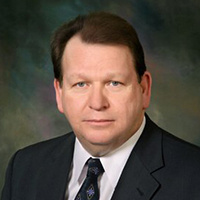Mount Clemens Criminal Lawyer, Michigan
Sponsored Law Firm
-
 x
x

Click For More Info:
-
Boyer Law Group
43805 Van Dyke Avenue Suite A Sterling Heights, MI 48314» view mapAccident & Injury Law Seasoned. Successful. Supportive.
Through detailed research, extensive preparation and a winning strategy developed for each client, our attorneys are fully committed to successfully resolving legal issues.
800-942-1270
Shawn J. Coppins
✓ VERIFIEDShawn Coppins is an aggressive plaintiff's attorney and is one of the firm's founding partners.Mr. Coppins was born and raised in the Metro-Detroit ar... (more)
Arthur A. Garton
✓ VERIFIEDArthur (Art) A. Garton handles all matters of complex criminal law, family law, personal injury and business/civil litigation. He is one of two Macomb... (more)
Gary R. Sanfield
✓ VERIFIEDGary Sanfield, an experienced, aggressive, and effective Michigan attorney has over 40 years of experience and he is ready to fight for you. His excel... (more)
Dennis J Rickert
FREE CONSULTATION
CONTACTFREE CONSULTATION
CONTACT William G. Boyer Sterling Heights, MI
William G. Boyer Sterling Heights, MI Practice AreasExpertise
Practice AreasExpertise



